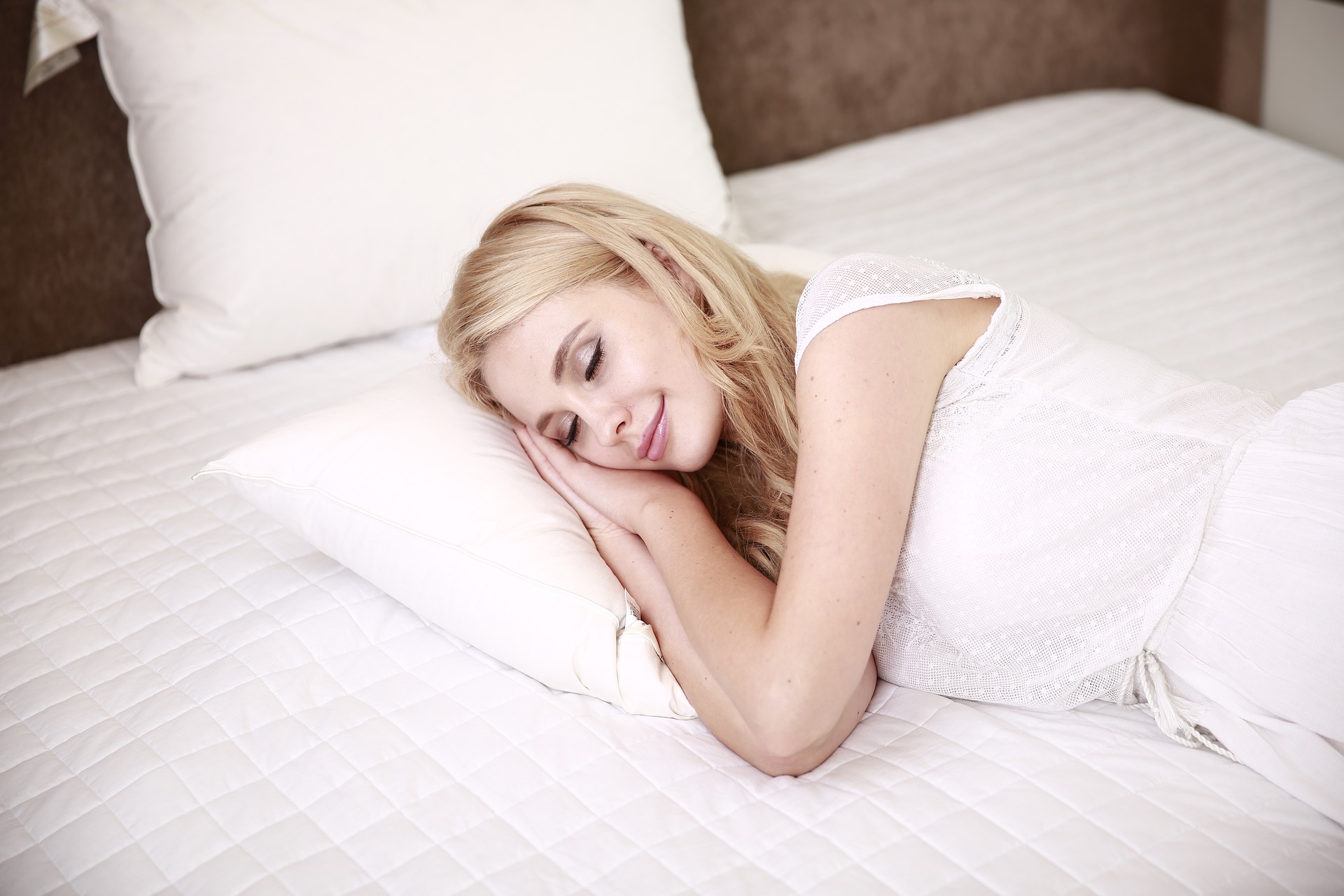What is Sleep Hygiene?
Sleep hygiene refers to the habits and behaviors that promote healthy and restful sleep. It encompasses various practices and habits that can help individuals improve the quality of their sleep and avoid sleep problems. Sleep hygiene is essential for overall physical and mental well-being, as poor sleep quality can negatively impact mood, cognitive function, and overall health.
Sleep hygiene practices vary from person to person and may depend on individual circumstances, such as age, health, and lifestyle habits. However, there are several general tips and recommendations for good sleep hygiene that can benefit most people.
Establishing a Regular Sleep Schedule
One of the most important aspects of sleep hygiene is establishing a consistent sleep schedule. This means going to bed and waking up at the same time every day, including weekends. Consistency helps regulate the body’s natural sleep-wake cycle and can improve the quality of sleep.
Creating a Relaxing Sleep Environment
The environment in which you sleep can also impact the quality of your sleep. It is important to create a relaxing and comfortable sleep environment, free of distractions and discomfort. Some tips for creating a sleep-friendly environment include:
- Keeping the bedroom dark, quiet, and cool
- Investing in a comfortable mattress and pillows
- Using earplugs or a white noise machine to block out noise
- Avoiding the use of electronic devices, such as phones, tablets, and laptops, in the bedroom
Avoiding Stimulants Before Bed
Caffeine and alcohol are common stimulants that can interfere with the quality of sleep. It is recommended to avoid consuming these substances, especially in the hours leading up to bedtime. Additionally, it is also important to limit fluid intake before bed, as this can lead to frequent nighttime trips to the bathroom.
Physical Activity and Exercise
Physical activity and exercise can play a positive role in promoting healthy sleep habits. Regular exercise can help regulate the body’s natural sleep-wake cycle and improve the quality of sleep. However, it is important to avoid intense exercise close to bedtime, as this can interfere with the ability to fall asleep.
Relaxation Techniques
Relaxation techniques, such as deep breathing, meditation, and yoga, can help promote relaxation and calmness before bed. These techniques can help reduce stress and anxiety, which can negatively impact sleep quality. Additionally, it may also be helpful to develop a pre-sleep routine, such as reading a book or taking a warm bath, to signal to the body that it is time to wind down and prepare for sleep.
Limit Naps
While napping can be beneficial for some individuals, it can also interfere with the ability to fall asleep and stay asleep at night. It is recommended to limit naps, especially in the late afternoon or evening, as this can disrupt the body’s natural sleep-wake cycle.
Sources
- American Sleep Association. (2021). Sleep Hygiene. Retrieved from https://www.sleepassociation.org/patients-general/sleep-hygiene/
- National Sleep Foundation. (2021). Sleep Hygiene: Tips for Better Sleep. Retrieved from https://www.sleepfoundation.org/sleep-hygiene
- Mayo Clinic. (2021). Sleep hygiene: 5 steps to better sleep. Retrieved from https://www.mayoclinic.org/healthy-lifestyle/adult-health/in-depth/sleep-hygiene/art-20048379
- Harvard Health Publishing. (2021). Sleep Hygiene: Tips for Better Sleep. Retrieved from https://www.health.harvard.edu/staying-healthy/sleep-hygiene-tips-
